Washing dishes, scrubbing stovetops, cleaning toilets… These seemingly ordinary household chores hide potential damage to the skin on our hands. Common irritating cleaners like detergents, toilet cleaners, disinfectants, kitchen degreasers, and alcohol often contain strong alkalis, strong acids, or other chemical components. Direct contact with skin can easily lead to dryness, cracking, or even allergies.
Choosing a suitable pair of gloves can effectively protect your hands. Among various types of gloves, nitrile gloves are undoubtedly the ideal choice for household cleaning.
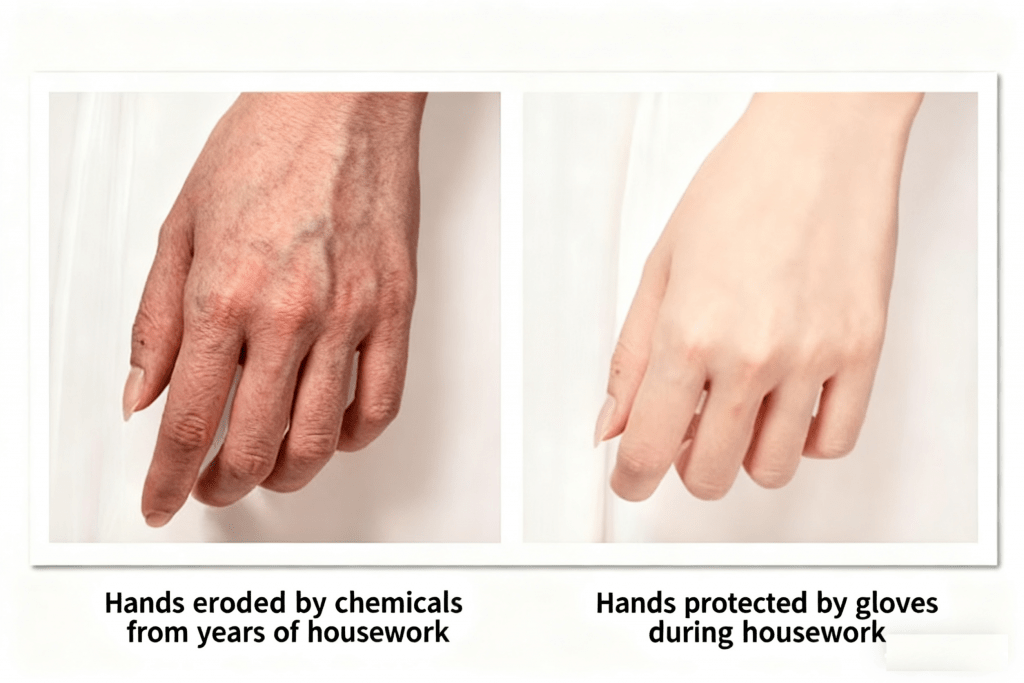
What are the hazards of not wearing gloves?
Q1: When using toilet cleaner to scrub the toilet, ordinary disposable gloves often get corroded and damaged. Is there a more durable option?
A: Toilet cleaners often contain strong acid components. PVC or PE gloves have limited acid resistance and can easily become damaged during prolonged use, which not only adds trouble to the cleaning task but also poses potential safety risks. Disposable nitrile gloves have good resistance to organic solvents, acids, alkalis, etc., effectively blocking chemicals from contacting the skin. They can maximize hand protection and reduce the risk of chemical corrosion and injury. They reliably perform even in complex bathroom cleaning environments.
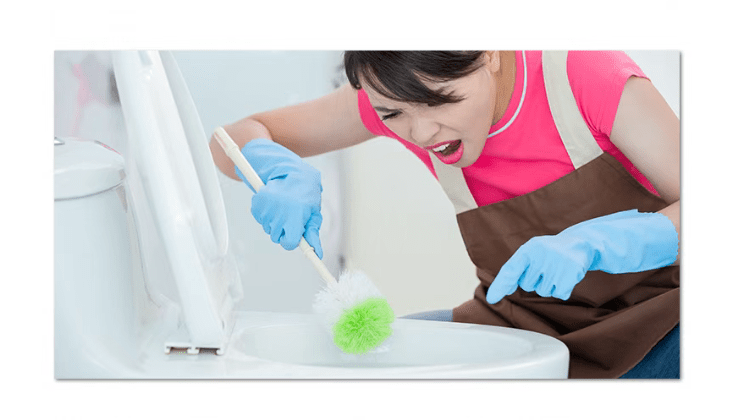
Q2: When using dishwashing liquid to wash dishes, my hands always feel dry and rough, and ordinary gloves often let water in. What can be done?
A: Although dishwashing liquid quickly removes grease, prolonged contact can easily strip moisture and natural oils from the skin of the hands, leaving them dry, rough, or even chapped. Ordinary gloves often lack a snug fit or are too loose, frequently allowing water to seep in, significantly reducing their protective effect. Disposable nitrile gloves have good elasticity, fitting closely to the hand’s contours while maintaining flexibility without hindering movement. They are less prone to letting water in during use, effectively preventing direct contact between cleaning agents and the skin, thoroughly solving the problem of hand protection during cleaning.
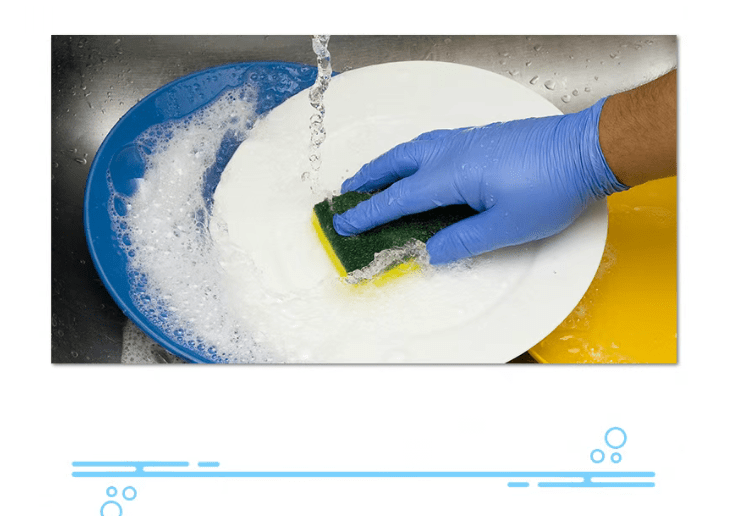
Q3: Housework is time-consuming and labor-intensive. When wearing gloves for a long time, my hands often feel hot and itchy. What should I do?
A: Discomfort from heat and potential allergies are often concerns during prolonged glove wear. While latex gloves also offer excellent flexibility, the material itself may cause skin allergies for some. Disposable nitrile gloves do not contain natural latex proteins, making them very suitable for individuals with latex allergies. They keep hands feeling comfortable and fresh even during extended wear, minimizing the discomfort that can arise from allergies.
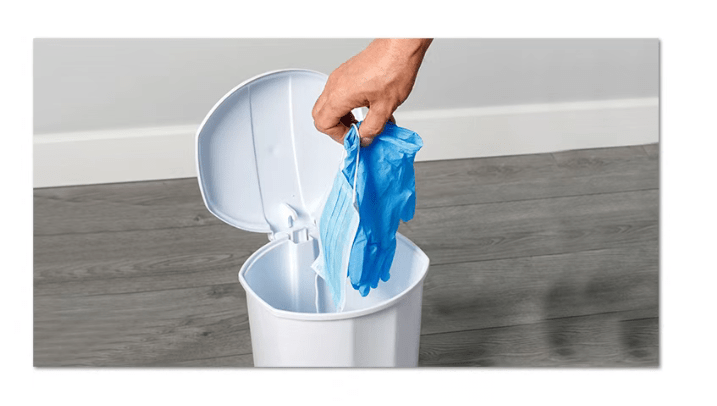
Q4: Aren’t disposable gloves prone to tearing? Why use disposable gloves instead of sturdy reusable ones?
A: Disposable gloves are favored by many household users for their convenience, but many worry about them tearing easily and affecting cleaning efficiency. Disposable nitrile gloves offer excellent tear and puncture resistance, making them less susceptible to being pierced by sharp objects; they are durable and safe for daily use. Simultaneously, disposable nitrile gloves fit closely to the hand’s contours, allowing for more dexterous movement without interfering with cleaning tasks. Compared to heavy reusable gloves, disposable nitrile gloves require no cleaning after use – they can simply be discarded. This saves time and avoids cross-contamination, making them a preferred choice that balances both convenience and cost-effectiveness.
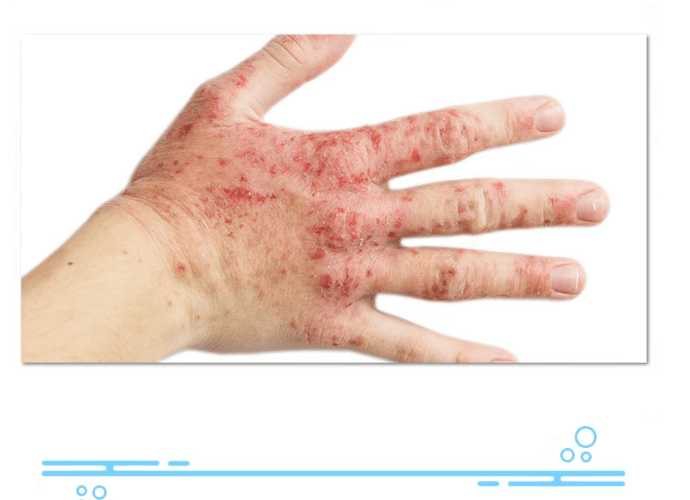
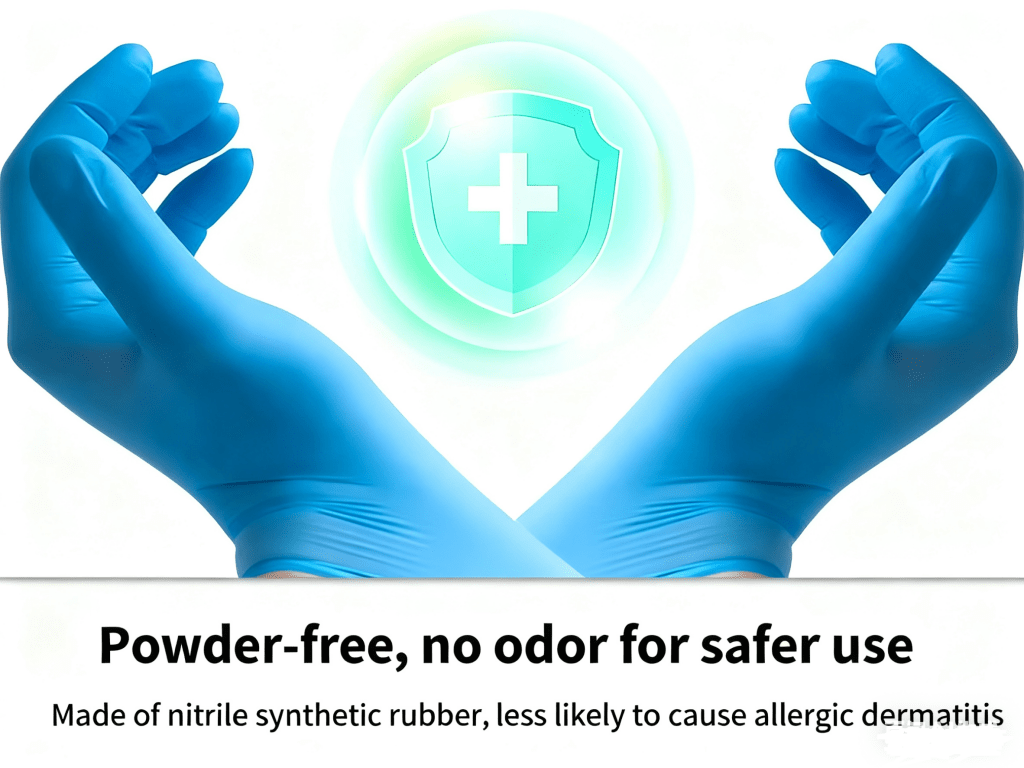







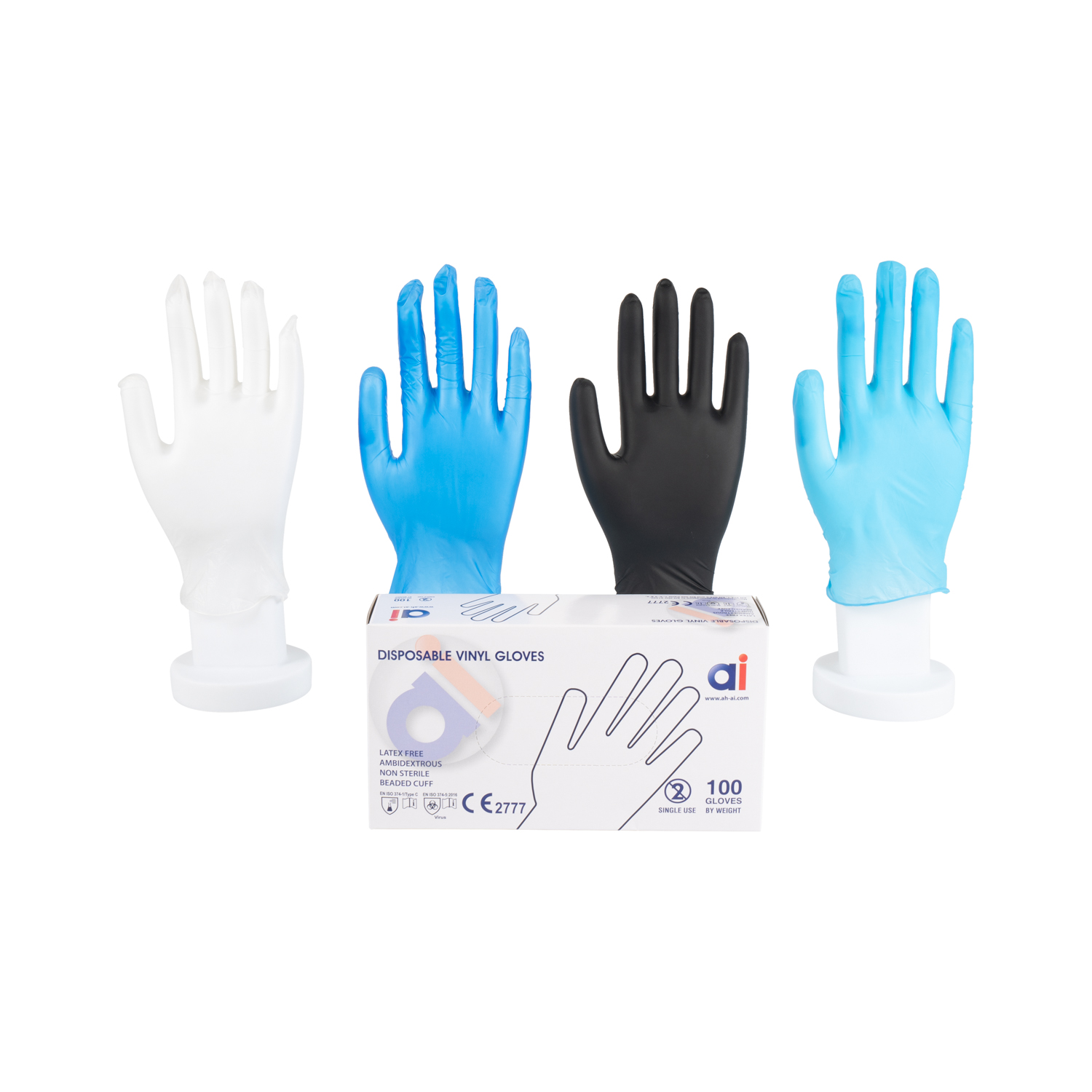
发表回复